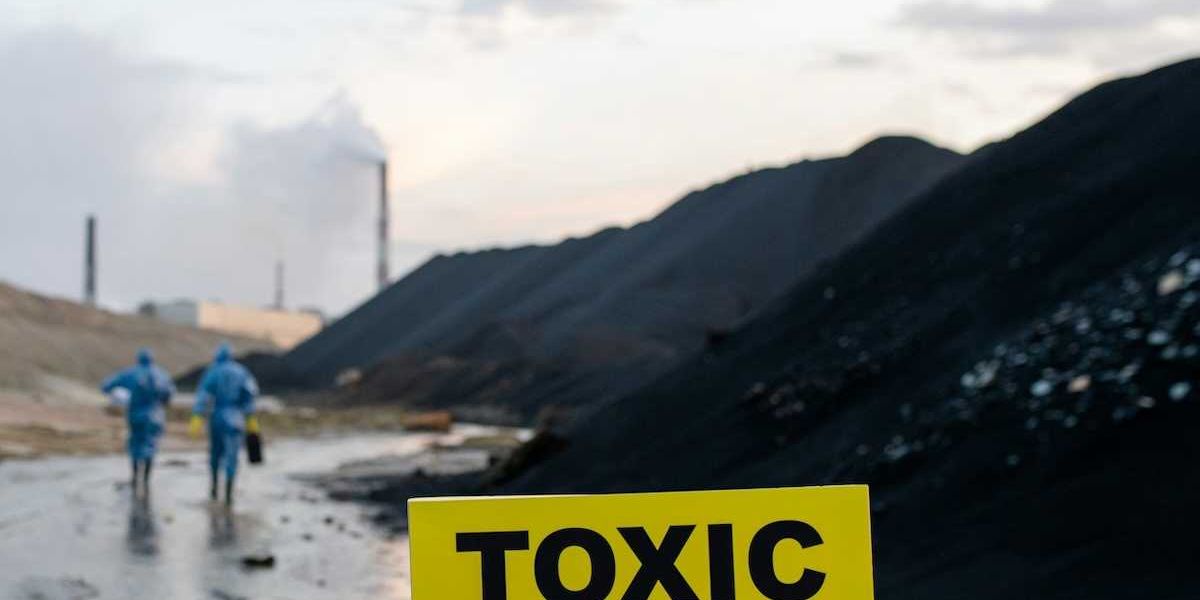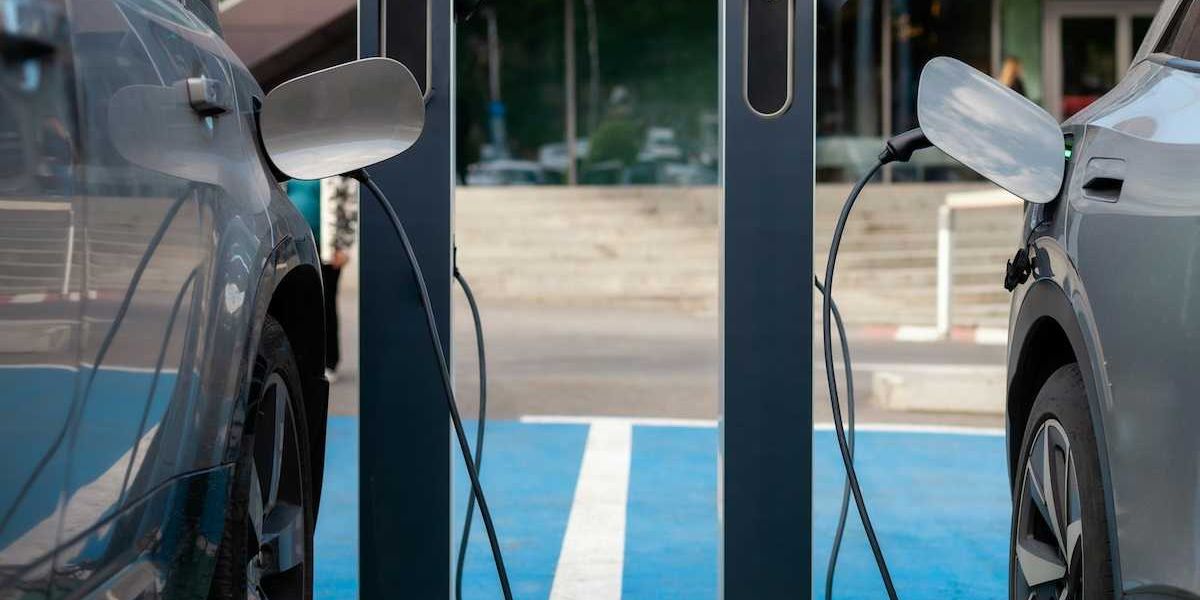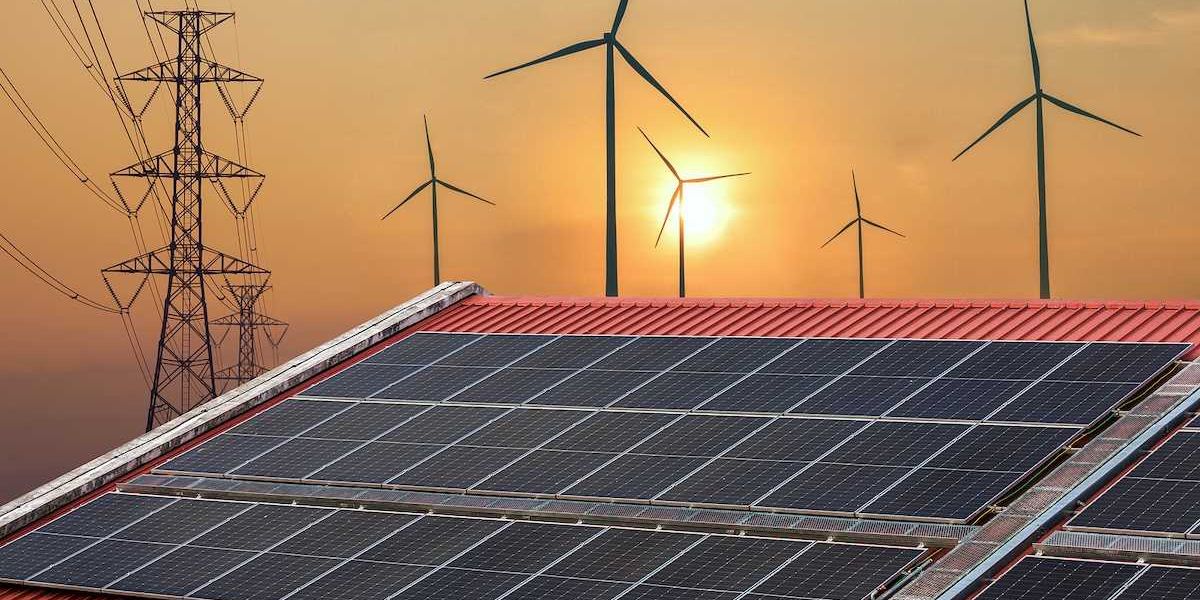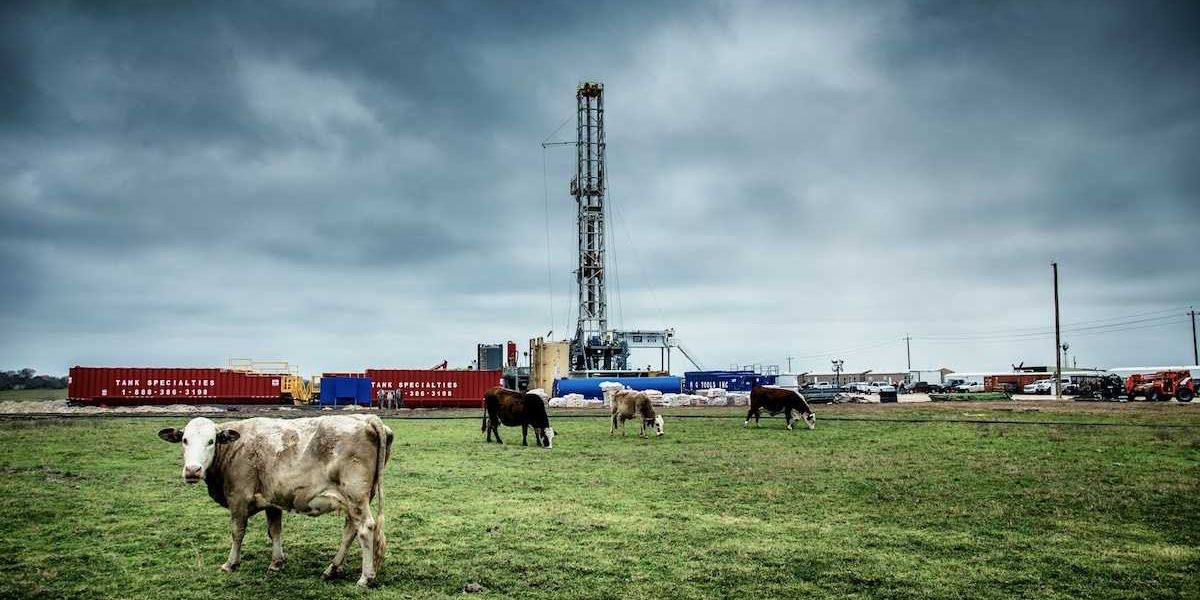New modular tech could remake chemical manufacturing using clean electricity
A startup in Washington has launched a small-scale, electricity-powered system to make chemical products without fossil fuels, offering a new model for industrial production.
Jeff St. John reports for Canary Media.
In short:
- OCOchem, a Washington-based startup, has developed factory-built electrolytic cells that produce formic acid from water and carbon dioxide, avoiding the high-emissions methods used in traditional chemical plants.
- Its new pilot plant uses four 1.5-meter modules and can make 60 tons of formic acid annually; the technology is designed to scale by replicating these modules rather than building large factories.
- The company, which has over $300 million in prepurchase contracts, claims its approach could eventually undercut overseas fossil-based chemical imports on cost while sharply reducing carbon emissions.
Key quote:
“We’ve built the best little Lego block we can. Now we want to stack the Lego blocks together.”
— Todd Brix, CEO of OCOchem
Why this matters:
By leveraging biogenic sources of CO2 and modular designs, this technology could avoid use of coal-fed plants, especially in countries like China where most of today’s formates are produced. It also opens the door to new uses for CO2 that would otherwise be released into the atmosphere. The potential of formates as hydrogen carriers adds another dimension, linking chemical production with broader decarbonization efforts in industries like transport and steel.
Related: Op-ed: In the race for clean energy, the US is both a leader and a laggard — here’s how













